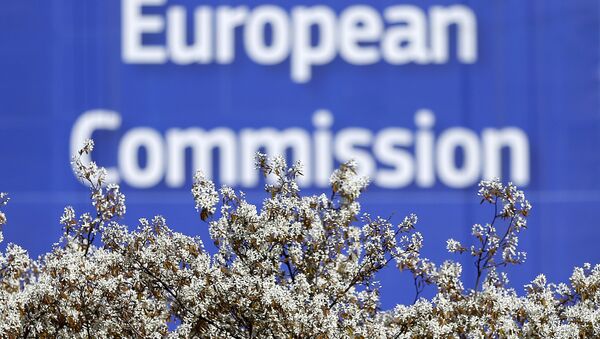“If now you would like a more precise definition whether the original empowerment that was linked to possibility of making progress by May 23, is invalid or not, of course, since the Vice-President decided in the light of the process, that is ongoing not to exercise this empowerment, it goes without saying that this empowerment is no longer valid and now it going to normal college proceedings,” Schinas said.
Last week, the European Commission gave Poland until May 23 to take measures to tackle the ongoing constitutional crisis, granting Timmermans with a mandate to issue a formal diplomatic note, or Opinion, should Warsaw fail to act. Earlier on Tuesday, Timmermans said he was going to meet with Polish Prime Minister Beata Szydlo.
The European Union is concerned by reforms introduced by Poland's ruling Law and Justice (PiS) party after its victory in both the presidential and parliamentary elections. The most controversial PiS measures include establishing control over state media, limiting the judicial freedom of the Constitutional Tribunal and completely banning abortions.
The constitutional crisis erupted in March when the Constitutional Tribunal deemed the new legislation to be unconstitutional in a ruling that the Polish government refused to publish in such a way as to prevent it entering into force.
The Council of Europe’s advisory panel, known as the Venice Commission, said in March that the reform of the Constitutional Tribunal as well as other PiS laws are a threat to democracy and rule of law in Poland.



